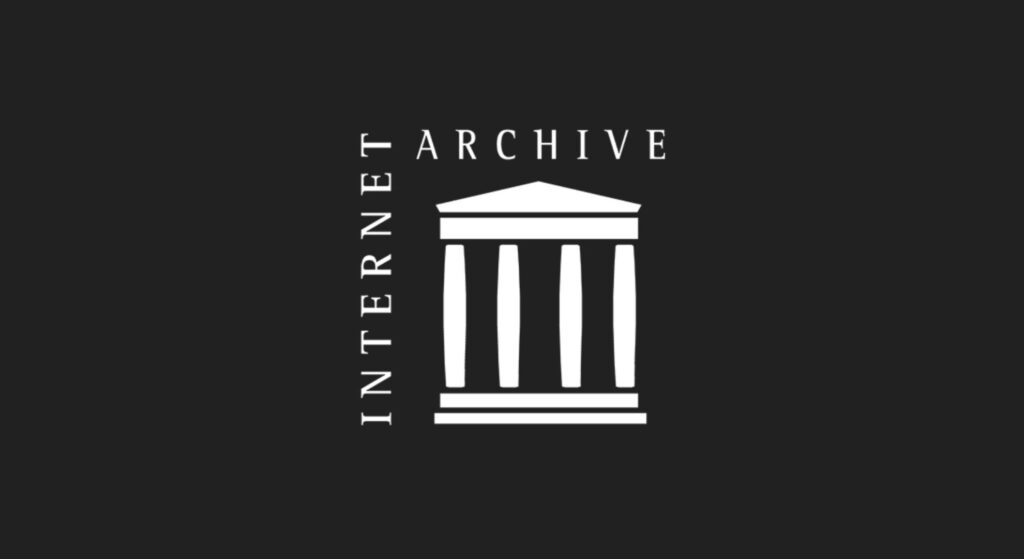In the struggle to lend out scanned ebooks without publisher consent, the Internet Archive has lost its appeal.
The Internet Archive’s digital collection would “allow for wide scale copying that deprives creators of compensation and diminishes the incentive to produce new works,” according to a ruling made by the Second Circuit Court of Appeals last September 4.
With the Hachette v. Internet Archive case, the ruling is yet another setback for the organization. Hachette, Penguin Random House, Wiley, and HarperCollins, four significant publishers, sued the Internet Archive in 2020, arguing that its digital archive amounted to “willful digital piracy on an industrial scale.”
“Users can “check out” digital images of real books through the Open Library system, which has been provided by the Internet Archive for a long time. The concept of controlled digital lending, essentially avoids potential piracy claims by matching each loan to a book that was physically purchased and kept in a library, serving as the foundation for the library. Programs like OverDrive, where publishers offer ebooks with limited time licenses on their own terms, are fundamentally different from this arrangement.
However, during the COVID-19 pandemic, the Internet Archive grew its library project. It introduced the National Emergency Library, which made the same ebooks available to an infinite number of users. At that point, the publishers united to launch the action against the two online libraries.
The decision of the Second Circuit Court recognized the benefits and drawbacks of the Internet Archive’s digital library with their decision.
Although the Second Circuit Court recognized the benefits and drawbacks of the Internet Archive’s digital library, they have sided with the publishers in their decision.
“On the one hand, eBook licensing fees may impose a burden on libraries and reduce access to creative work. On the other hand, authors have a right to be compensated in connection with the copying and distribution of their original creations. Congress balanced these “competing claims upon the public interest” in the Copyright Act. We must uphold that balance here,” they stated.
A federal judge decided last year that the Internet Archive is not allowed to scan books and rent them out in the same manner that a library would. Later on, that ruling was appealed by the Internet Archive.
The director of library services at the Internet Archive, Chris Freeland, issued a statement through a post made on their website which reads, “We are disappointed in today’s opinion about the Internet Archive’s digital lending of books that are available electronically elsewhere.” Freeland also provided a link to a petition to restore access to the 500,000 books publishers blocked access to.
Other POP! stories you might like:
Sperm donor from the Netherlands reportedly sues streaming platform for ‘sensationalist’ portrayal
Kitchen fire breaks out during live stream, sparks viewer backlash
‘PR stunt?’: Leaked document raises doubts about Kelce and Swift’s romance
People stranded midair as sudden storm halts thrill ride at Mexico amusement park
Barcelona to ban short-term rentals by November 2028
